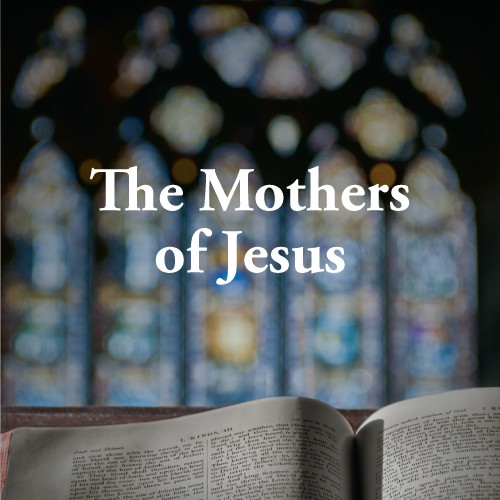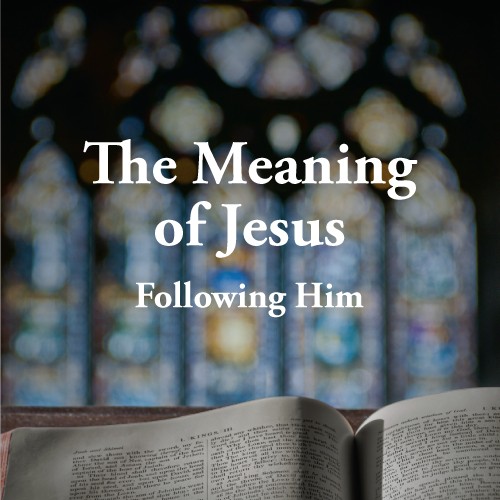
Sermon
The Testimony of Justice
Tim Keller | October 31, 2010
Overview
The gospel is intensely personal because it entails a commitment of the whole person to Jesus. And if the whole person is committed to Jesus, that includes one’s private and public life. If this is true, then what happens when we take the gospel out of our private lives and out of the church and out into the world?
One of the things that happens is that the gospel creates a passion for doing justice in the world. Deuteronomy teaches us many things about justice. We’re going to look at these three headings in chapters 4 and 15: 1) the threefold call by God to us to do justice, 2) the dynamic for doing justice, and 3) doing justice is a testimony to the world.




